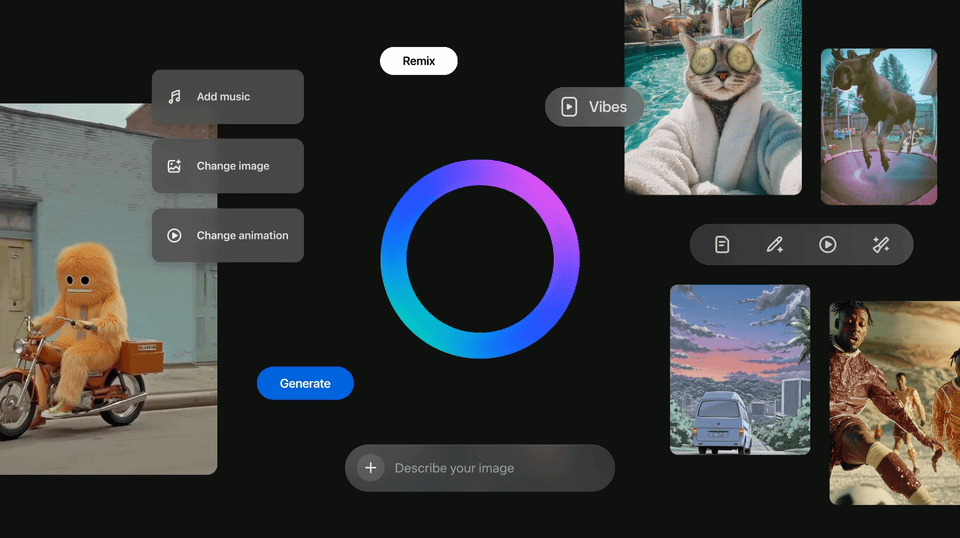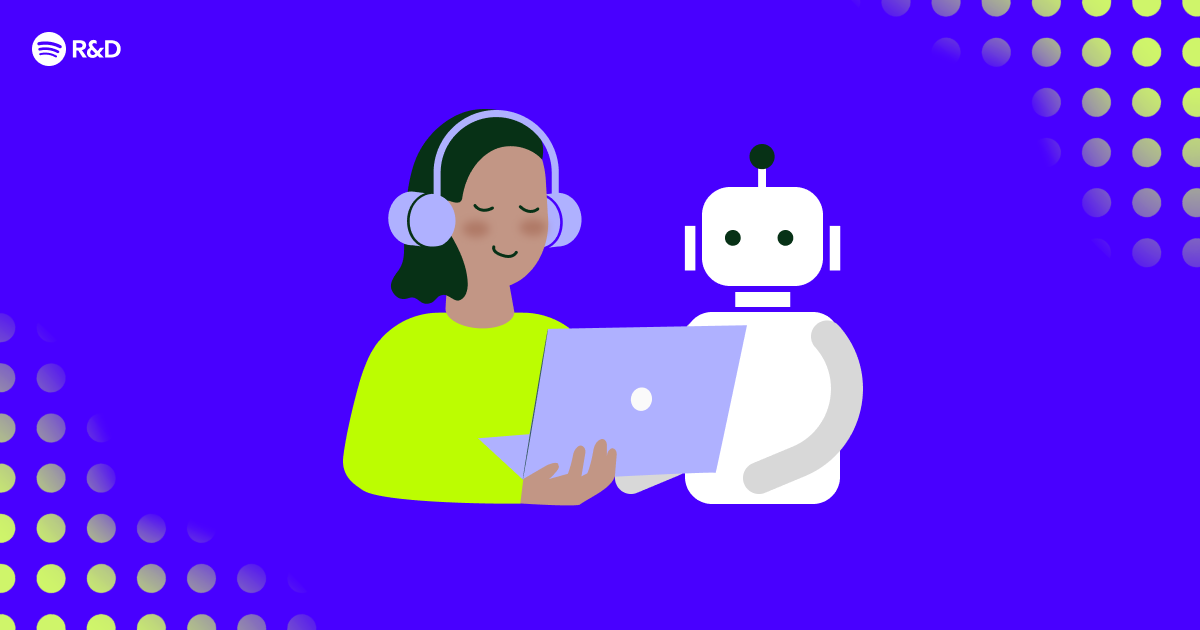- Product & Design Pulse
- Posts
- Product & Design Pulse v65
Product & Design Pulse v65
Humanist AI and Tech Bubbles 🎈
Welcome to this week’s edition of Product & Design Pulse, where we explore the latest in tech, product, design, and innovation! Microsoft unveiled its vision for humanist superintelligence— a future where AI advances in harmony with human ethics and societal well-being. Apple made headlines on two fronts: reportedly developing a low-cost MacBook to compete with Chromebooks, and planning to integrate Google’s powerful Gemini model into a smarter, more capable Siri. AWS also deepened its collaboration with OpenAI to boost large-scale compute infrastructure, while Apple expanded satellite features for iPhone users, adding image messaging and third-party developer support. And in Stratechery’s latest piece, Ben Thompson reminded us that even tech “bubbles” can drive lasting innovation — planting the seeds for tomorrow’s breakthroughs.
🎧 Audio Overview [BETA]
For those who don’t have time to read 😁 |
Last week…
Microsoft AI: Toward Humanist Superintelligence
Microsoft outlined its long-term vision for developing “humanist superintelligence,” emphasizing AI systems that align with human values, ethics, and social well-being. The company detailed principles around transparency, safety, and cross-disciplinary collaboration to guide future AI research. This announcement reflects Microsoft’s intent to position itself as a global leader in building AI that advances humanity responsibly.
Apple Prepares Low-Cost Laptop to Rival Chromebooks and Windows PCs
Apple is developing a lower-cost MacBook aimed at competing directly with Chromebooks and entry-level Windows laptops in the education market. The device is expected to feature a simplified design and less expensive materials while maintaining Apple’s signature performance and software integration. Analysts say the move signals Apple’s renewed push into budget computing after years of focusing on high-end hardware.
AWS to Support OpenAI Workloads with Expanded Compute Infrastructure
Amazon Web Services announced an expanded collaboration with OpenAI to provide compute infrastructure for large-scale model training and deployment. The partnership leverages AWS’s global cloud network and new AI-optimized chips to boost OpenAI’s scalability and efficiency. The move underscores Amazon’s growing role in the foundational infrastructure behind next-generation AI systems.
Apple Plans to Use Google’s Gemini Model to Power New Siri
Apple is reportedly working with Google to integrate the 1.2-trillion-parameter Gemini model into a redesigned version of Siri. The partnership would bring enhanced reasoning, conversational depth, and real-time information retrieval to Apple’s digital assistant. The move further cements Apple’s strategy of leveraging external AI models while continuing to develop its own on-device intelligence.
The Benefits of Bubbles – Stratechery
Ben Thompson argues that technological bubbles, while often unsustainable, play a critical role in driving innovation and infrastructure development. He cites past examples like the dot-com and mobile eras, drawing parallels to today’s AI boom. The piece suggests that even if current AI investments exceed near-term returns, they’re laying the groundwork for future breakthroughs.
Apple Expands Satellite Plans with Image and Text Messaging, Third-Party Support – Bloomberg
Apple is planning to expand its iPhone satellite communication features to include image and text messaging, along with API access for third-party developers. The updates aim to make satellite connectivity a core part of Apple’s ecosystem, particularly for users in remote or emergency situations. The initiative complements Apple’s push into accessibility and global connectivity, alongside its rumored low-cost MacBook launch.








